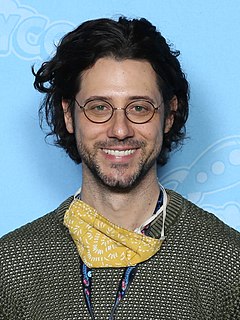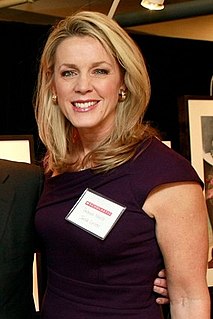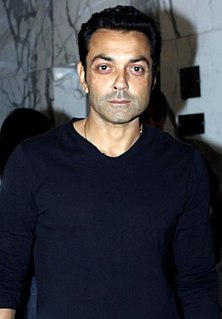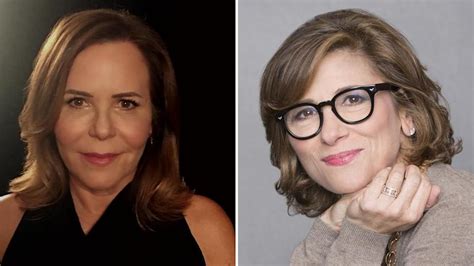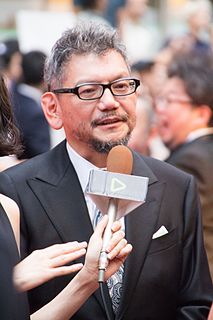A Quote by Jonah Lehrer
Every creative story is different. And every creative story is the same. There was nothing. Now there is something. It's almost like magic.
Related Quotes
Suddenly creativity is the popular goal. Ironically, a quality dissonant with our conventional education process is greatly in demand in adults - and those who survive the system without losing their creative integrity are richly rewarded. The magic word in a book's title almost ensures sales: Creative Stitchery, Creative Cookery, Creative Gardening. ... Perhaps we are trying to develop something that was innately ours.
Literature is an aspect of story and story is all that exists to make sense of reality. War is a story. Now you begin to see how powerful story is because it informs our worldview and our every action, our every justification is a story. So how can story not be truly transformative? I've seen it happen in real ways, not in sentimental ways or in the jargon of New Age liberal ideology.
I believe that a writer learns from every story he writes, and when you try different things, you learn different lessons. Working with other writers, as in Hollywood or in a shared world series, will also strengthen your skills, by exposing you to new ways of seeing the work, and different approaches to certain creative challenges.
There's this sense of being strange, which is at the heart of every creative person. Every writer, every actor, every director knows who Ripley is. We've made careers and lives out of pretending, making things up, inhabiting other people's stories and lives. That's what I do every day. . . . The story is so audacious and subversive: a central character who behaves badly and isn't apparently caught. That intrigued me no end.
And ultimately, it's good for all of us to have more original programming on the air. Business doesn't drive the creative. So, in identifying a project like Dovekeepers, looking at something like Extant and looking at Under the Dome, it was about falling in love with a piece of material, getting excited by the creative direction, hearing a vision, and getting excited about the potential for those projects and building the business model around it. And they're not all modeled the same way. Every one is different.
Every family has a story that it tells itself, that it passes on to the children and grandchildren. The story grows over the years, mutates, some parts are sharpened, others dropped, and there is often debate about what really happened. But even with these different sides of the same story, there is still agreement that this is the family story. And in the absence of other narratives, it becomes the flagpole that the family hangs its identity from.
The Greeks used to use the same stories, the same mythology, time after time, different authors. There was no premium placed upon an original story, and indeed, Shakespeare likewise. A lot of people wrote plays about great kings. They didn't expect a brand-new story. It was what that new author made of the old story. It is probably the same now. We disguise it by inventing what seem to be new stories, but they're basically the same story anyway.
Eva is a story of repetition. It is a story where our protagonist faces the same situation many times over and determinedly picks himself back up again. It is a story of the will to move forward, even if only a little. It is a story of the resolve to want to be together, even though it is frightening to have contact with others and endure ambiguous loneliness. I would be most gratified if you found enjoyment in these four parts as it takes the same story and metamorphoses it into something different.


